Emergency Planning
Creating a detailed emergency plan for a prepper and their family is crucial for ensuring the safety and well-being of everyone during a crisis. The plan should cover various scenarios, including natural disasters, economic crises, and other emergencies. Here's a comprehensive emergency plan:
1. Family Meeting and Communication:
Schedule regular family meetings to discuss and update the emergency plan.
Create a communication tree with contact information for family members, neighbors, and an out-of-town contact person.
Decide on a designated meeting place both within your home and outside, in case of evacuation.
2. Emergency Supplies:
Stockpile essential supplies, including non-perishable food, water, medical supplies, and hygiene items, enough to last for at least three months.
Maintain a well-equipped bug-out bag for each family member, including clothing, personal documents, first aid, and survival tools.
Rotate and update supplies regularly to ensure they remain fresh and effective.




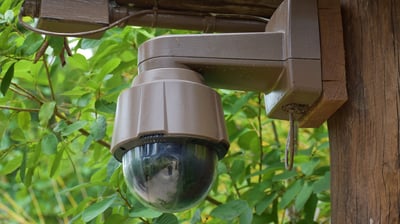

3. Home Security:
Strengthen home security with reinforced doors and windows.
Establish a neighborhood watch or community security group.
Develop a home defense plan and practice it regularly.
4. Emergency Evacuation:
Identify multiple evacuation routes from your home and neighborhood.
Prepare your vehicles for a quick departure with a full tank of gas.
Plan for transportation alternatives such as bicycles or walking.
Establish rally points along your evacuation route.
5. First Aid and Medical Care:
Assemble a comprehensive first-aid kit with supplies for treating injuries and illnesses.
Learn basic medical skills and CPR.
Stockpile prescription medications and have a copy of your medical records.
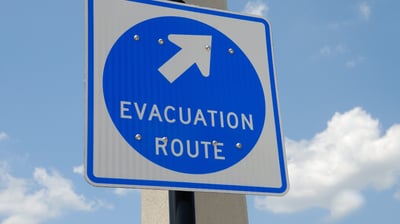

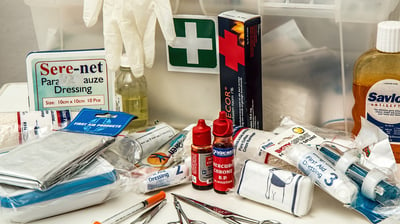

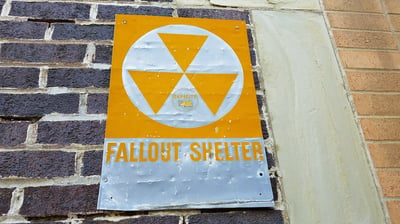

6. Shelter and Accommodation:
Identify potential emergency shelters, such as local schools or community centers.
Consider alternative accommodations, like camping gear or temporary shelters.
Prepare your home for long-term off-grid living with backup power sources and heating options.
7. Water and Sanitation:
Store ample water, both for drinking and sanitation purposes.
Learn how to purify water from natural sources.
Create a plan for waste disposal in the absence of regular services.
8. Food and Nutrition:
Develop a long-term food storage strategy, including canned goods, dried foods, and freeze-dried options.
Learn how to forage, fish, and hunt for food if necessary.
Practice cooking without modern appliances.






9. Financial Preparedness:
Diversify your financial assets and investments.
Keep some cash on hand for emergencies.
Reduce debt and live within your means.
10. Self-Defense and Security:
Acquire and train in the safe use of firearms and other self-defense tools.
Establish a security plan for your property, including watch schedules and alarm systems.
Develop a code of conduct for handling security threats.
11. Mental and Emotional Well-being:
Encourage open communication within the family.
Address the emotional needs of family members through stress-reduction techniques and psychological support.
Plan for recreational activities to alleviate stress during emergencies.




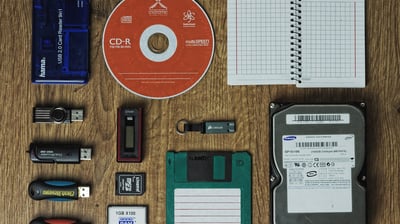

12. Documentation and Records:
Create digital and physical copies of important documents such as IDs, passports, birth certificates, insurance policies, and financial records.
Store these copies in a secure location, both online and offline.
13. Training and Practice:
Regularly train and practice emergency procedures with your family members.
Conduct drills for different scenarios, such as fires, intruders, or evacuation.
Continuously update and improve your skills and knowledge.
14. Community Involvement:
Build strong relationships with your neighbors and get involved in your local community's emergency preparedness efforts.
Share knowledge and resources with others.




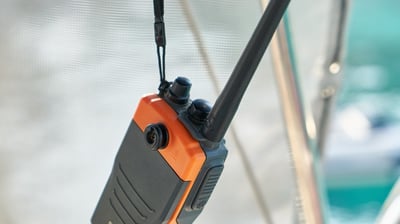

15. Stay Informed:
Monitor news and weather updates regularly.
Invest in emergency radio communication devices to stay informed when traditional communication methods fail.
